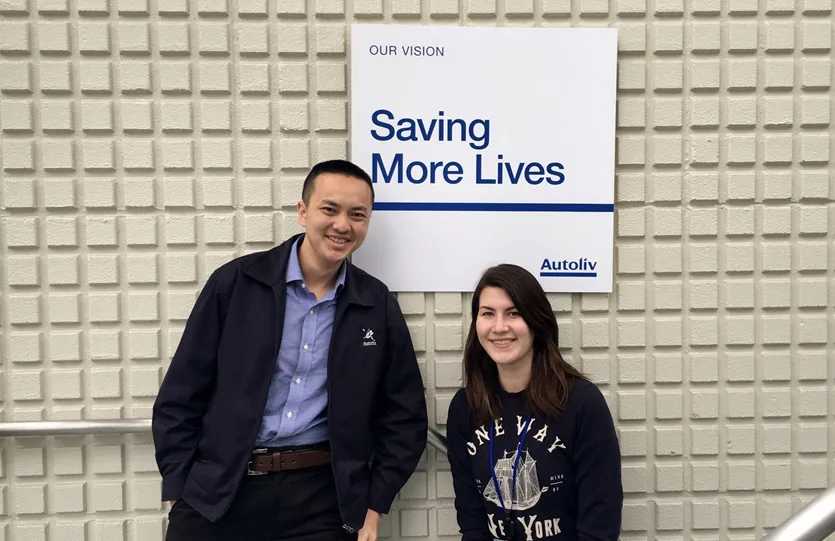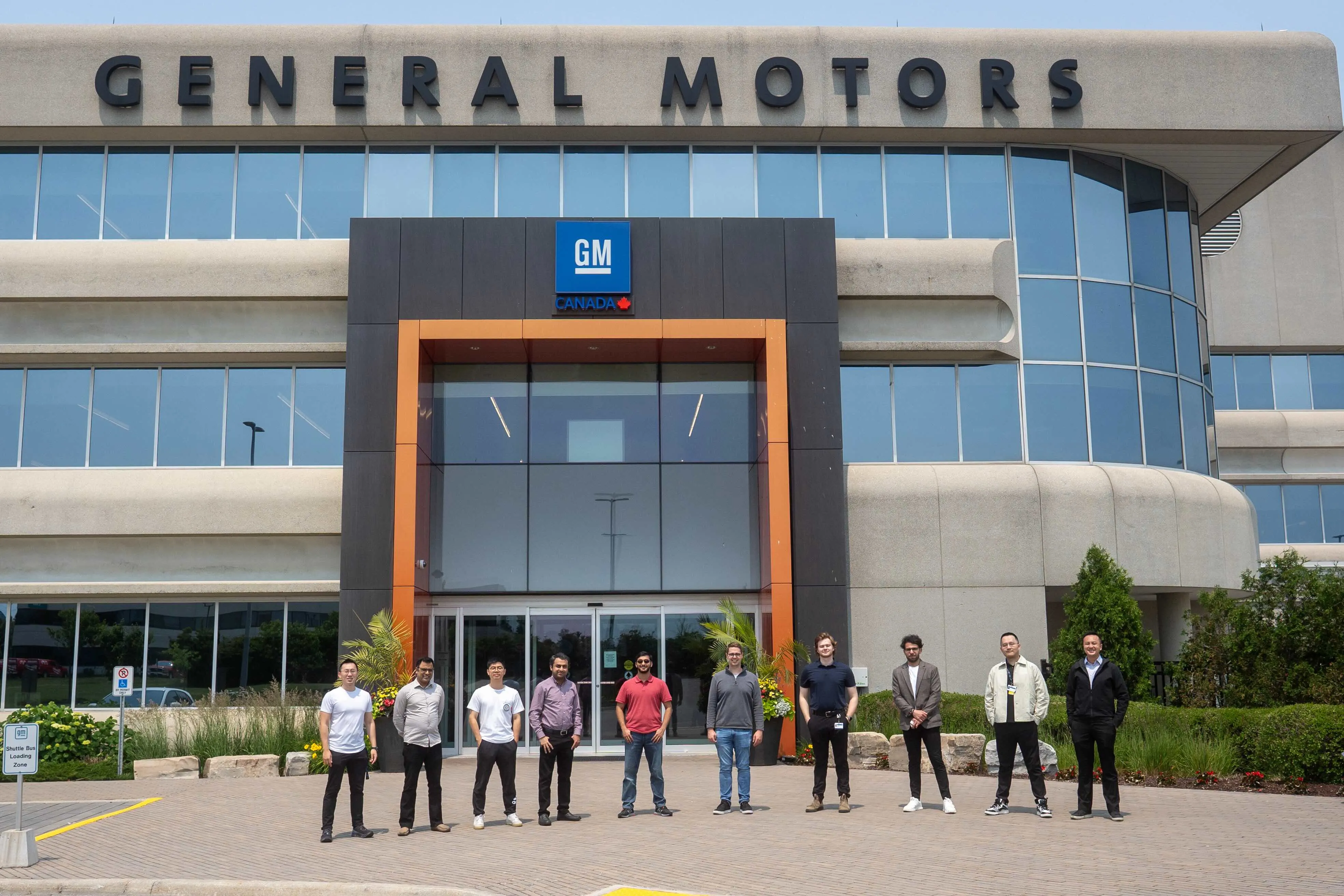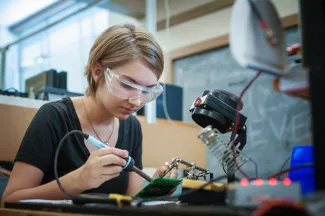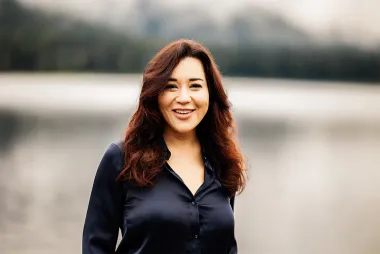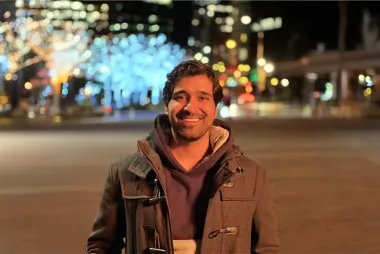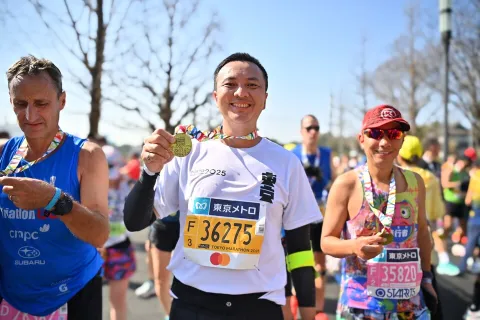
Roger Luo
- Degree: Bachelor of Applied Science
- Grad year: 2018
- Program:
- Campus: Vancouver
Job title as of 2025: Camera Systems Engineering, Apple
Why did you want to study engineering?
I was always interested in automotives and electronics. Pursuing engineering was an opportunity for me to look under the hood, learn more about technology and solve problems. I was also interested in engineering because I've always been intrigued by the process of turning an idea into a product.
Why did you choose electrical engineering?
In my first year, I debated between electrical, mechanical, civil and computer engineering. One of the main reasons I chose electrical engineering was that my grandfather was an electrical engineer. He was actually one of the principal engineers in China who made significant contributions in the area of rural electrification. I was inspired by the impact my grandpa and his team had by bringing electricity to rural areas: it dramatically improved the quality of life for children, for example, who then had light to study by.
Did you develop new ways of looking at the world as an engineering student?
One thing I've learned throughout this entire journey is the importance of openness to diversity.
UBC Engineering has a very diverse student body. It helped me appreciate the differences people have and, at the same time, it has also helped me focus on our common goal as engineers: to make other people's lives better. By recognizing different talents from different people, we can come up with more holistic, inclusive and impactful solutions. Working as individuals enables us to solve small problems. If we want to work on more large-scale, complex projects, we need to work together as a team.
You were hired by Apple this year – tell us about your job!
I was contacted by a recruiter in the summer of 2024 who wanted to know if I was interested in working at Apple in camera systems engineering. The job aligned with my experience and skills, and while I had loved being part of the automotive industry, Apple was definitely at the top of the list of companies I dreamed of working for. It’s also important to me to use my skills in a positive way. The work we are doing adds value and meaning for the many people who use their cameras to capture and record memories.
I am fascinated by the intersection of hardware, software and firmware, which is what this role is all about.
My job involves working with an interdisciplinary team to design and validate the camera system for Apple’s products.
Interestingly, there are many aspects of my undergraduate degree that might not have seemed relevant at the time that now play a role in my work. I am thinking of certain courses on physics and statistics. It’s a reminder that we don’t always recognize the value and relevance of what we are learning until many years later.
My job is very satisfying because I collaborate with many different teams in a fast-paced environment, and I am learning from many senior and experienced people. My past professional experience, particularly in software, enables me to add value to the work we are doing. Finally, it’s also fun to be living in the Bay Area – and there are a lot of other UBC alumni here too!
